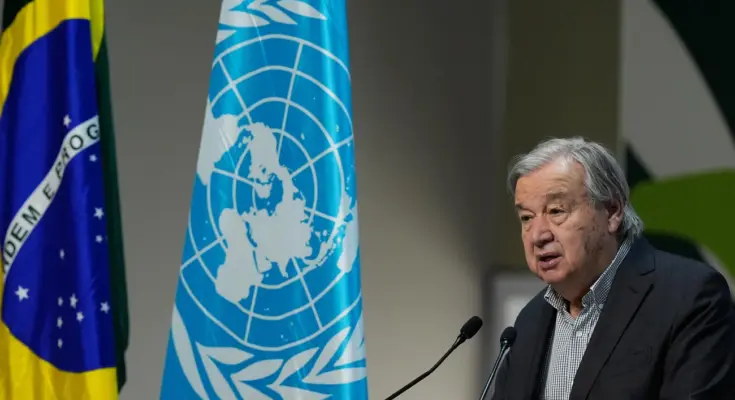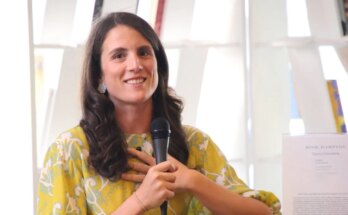UN Secretary General António Guterres hailed the results of the 30th World Climate Conference (COP30) as progress, but at the same time warned of huge gaps in global climate protection. In his statement at the end of the summit in Belém, Brazil, he praised the fact that the international community had reached consensus despite geopolitical tensions. However, these resolutions are not yet effective enough to avoid further temperature increases and irreversible critical points. “I cannot pretend that COP30 has delivered everything that is needed,” Guterres said. Many “may be disappointed” by the results, including indigenous people and the younger generation. “The gap between our current conditions and the demands of science remains enormous,” said the UN Secretary General.
It is positive that states stated in their final declaration (PDF) that they want to provide more funding for climate adaptation – three times more than previously by 2035 – and have agreed mechanisms to support states and workers in switching to green energy. But limiting global warming to 1.5 degrees compared to the pre-industrial era must remain the goal, he said. This requires large and rapid emissions reductions and a consistent transition away from fossil fuels.
The Secretary-General wants to encourage “greater solidarity”.
Despite all-night negotiations, conference participants in Brazil were unable to agree on developing a binding plan to shift away from oil, coal and gas. The delegates agreed to only minimal compromises. The text of the resolution does not contain a roadmap for the global phase-out of fossil fuels – in particular the EU is pushing for this.
Guterres also called for greater financial assistance for developing countries – both to reduce emissions and for adaptation, resilience and addressing loss and damage caused by climate change. He understands that many people – especially young people, indigenous communities and those affected by extreme weather – are disappointed with the results achieved. The UN Secretary General vowed to continue pushing for “greater ambition and greater solidarity”. He appealed to activists, delegates, experts and the media not to give up: “History is on your side – and so is the UN.”



